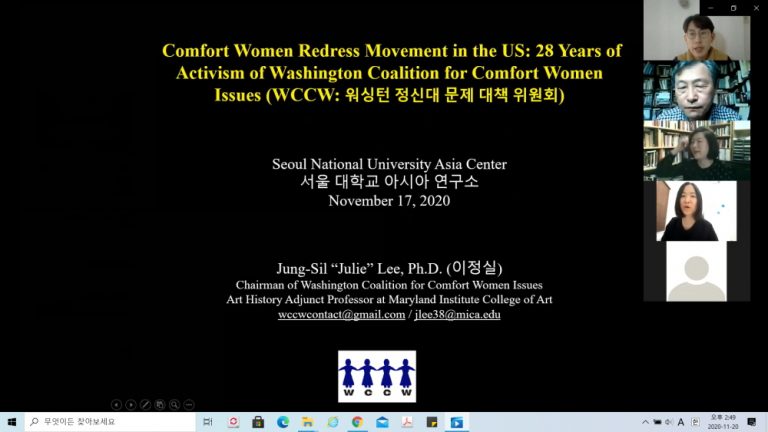

And the reference would be, ‘Oh…do you see that woman? Something bad happened to her during the war.’” Hwang’s account, she was only aware of scenes in Korean soap operas: “There’d be this mysterious woman, veiled in black, going through the background. The result was a critically acclaimed first novel, Comfort Woman. Keller, born in Seoul and of half Korean ancestry, felt a “burden of history” and embarked on a journey of research and writing. She spoke in 1993 at a University of Hawai‘i symposium – and Honolulu resident Nora Okja Keller was in that audience. One former captive was Keum-Ju Hwang, of South Korea, who finally resolved to tell her story before she died. They sought new lives and didn’t speak of their ordeal.

Most died.Īt the end of World War II, survivors felt so much shame that many didn’t go home. They endured beatings, infection, disease and abortions. In filthy conditions, they were required to sexually service 20, 30, sometimes 50 Japanese soldiers a day. This euphemism refers to young women of little means, mostly teenagers, forced into sexual slavery by the Imperial Japanese Army during the Sino-Japanese War and World War II. They mask unpleasantness they blunt the horror. “A truly deceptive term to hide horrendous brutality against the powerless.” I remember exactly what I said some three decades ago to a Honolulu news colleague, when we first heard the expression “comfort women” and learned what it meant. Pictured: Honolulu’s Nora Okja Keller, author of the acclaimed novel Comfort Woman


 0 kommentar(er)
0 kommentar(er)
